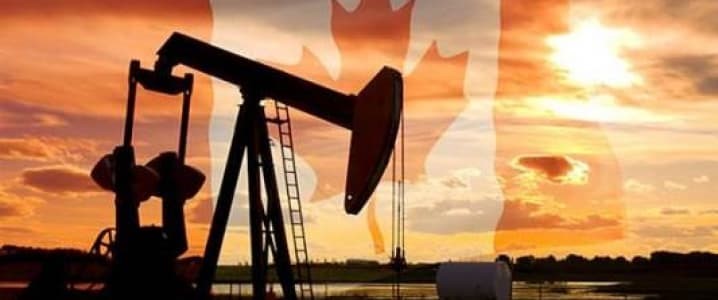Earlier this week, oil and gas industry supporters lined the streets of Calgary outside of city hall in support of government action. The oil industry is costing the province of Alberta and Canada an estimated $80 million a day because of too much production and not enough pipeline. With the looming provincial and federal election, Premier Rachel Notley and Prime Minister Justin Trudeau are feeling the heat.
Back in earlier December, Notley announced a temporary 8.7% oil production cut, or decrease of 325,000 barrels a day, in the production of raw crude oil and bitumen beginning January 1, 2019. These cuts will remain in place until the 35 million barrels of storage hits the market and thus reducing production to 95,000 barrels a day. “In Alberta we believe that markets are the best way to set prices, but when markets aren’t working, when companies are forced to sell our resources for pennies on the dollar, then we have a responsibility to act,” Notley said, adding the government has “a responsibility to defend our province and to defend our resources.”
Canada announced yesterday, a $1.6 billion federal aid package for Canada’s oil and gas industry. This money is to be spread over existing programs to help companies find new markets, invest in clean technology and train staff. Following the November move of an additional $1.6 billion in royalty credits and infrastructure support, Canada has created an additional 15,500 construction jobs and 1,000 operating jobs. Al Kemmere, president of the Rural Municipalities of Alberta states, “These kinds of investments and creating more value added processes within the province I think are a great tool for advancing the province, keeping the product home, keeping the people working and advancing our economy that way.”
The price gap between Western Canadian Select (WCS) crude oil and the U.S. benchmark West Texas Intermediate (WTI) is at a historical high level. Just last month, WCS were getting about $14 a barrel compared to WTI at $67 per barrel. Although, the gap has slightly narrowed since due to rail volume ramping up. With plans to increase rail capacity by 120,000 barrels per day by 2020 and the replacement of the Enbridge Inc’s Line 3 pipeline by late 2019, U.S. and Canadian refinery demand as well as Canadian crude oil growth will provide much needed support.
https://www.cbc.ca/news/canada/edmonton/alberta-premier-oil-differential-announcement-1.4929610
https://www.cbc.ca/news/canada/edmonton/alberta-energy-diversification-programs-2-1-billion-1.4913265
https://www.reuters.com/article/us-canada-alberta-crude/alberta-to-force-oil-output-cuts-to-deal-with-price-woes-idUSKBN1O203A




